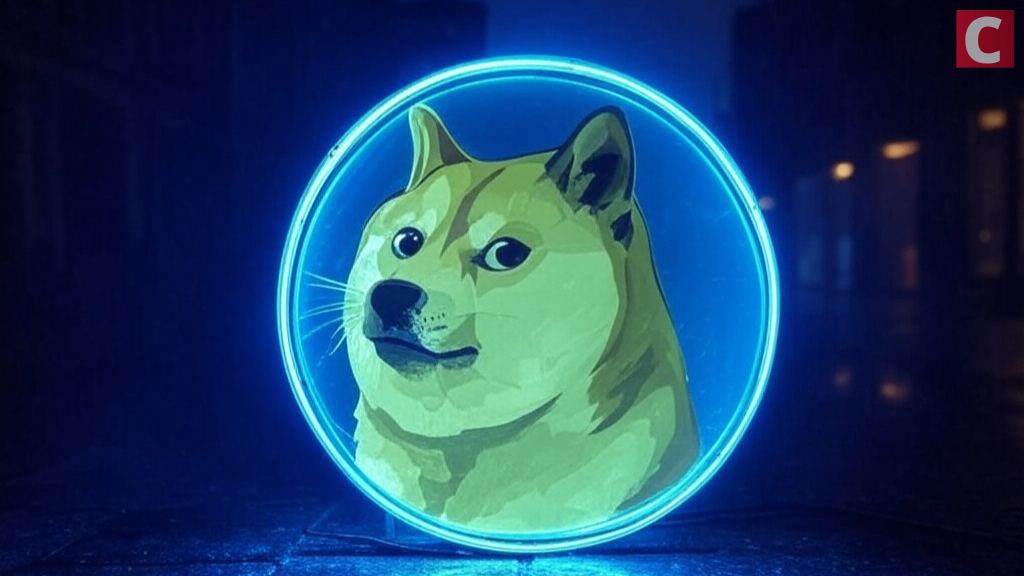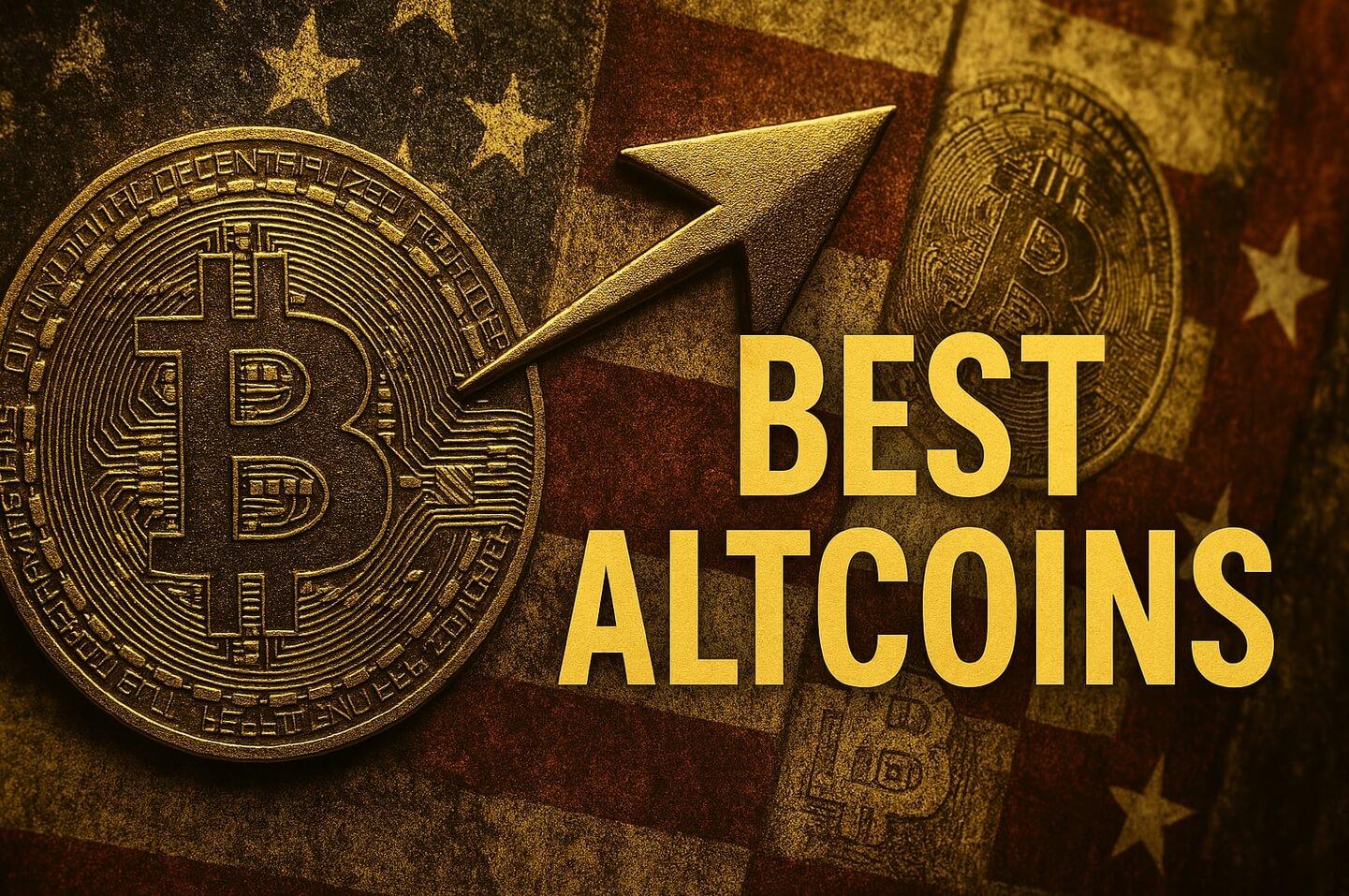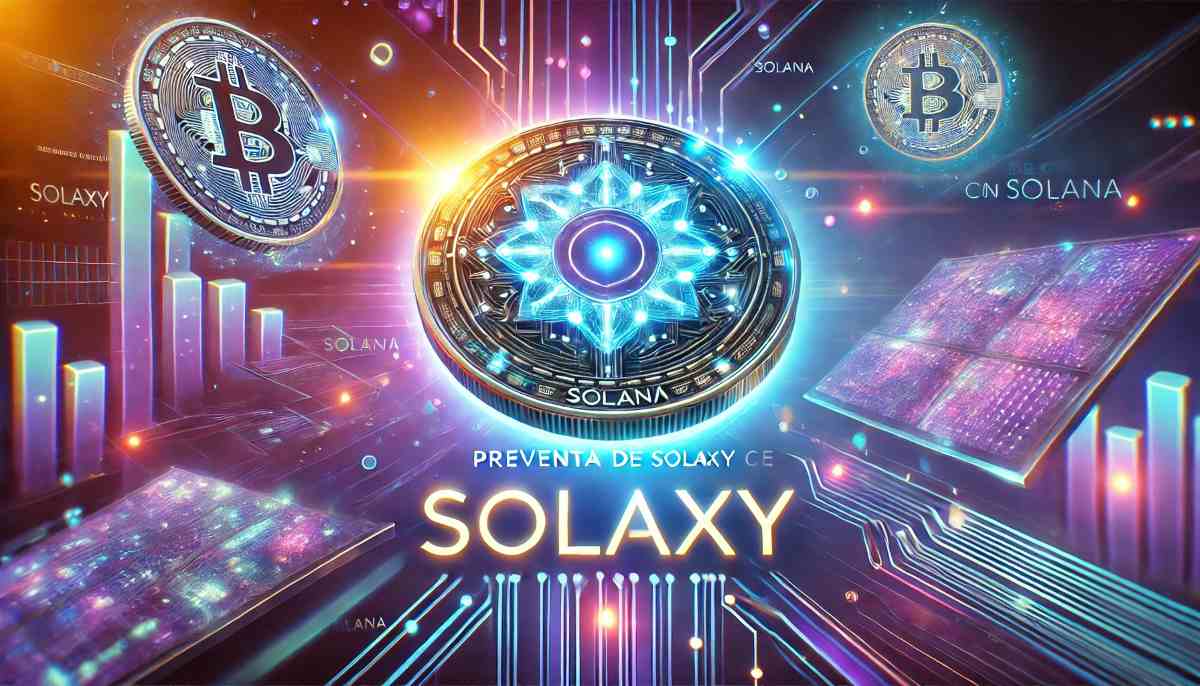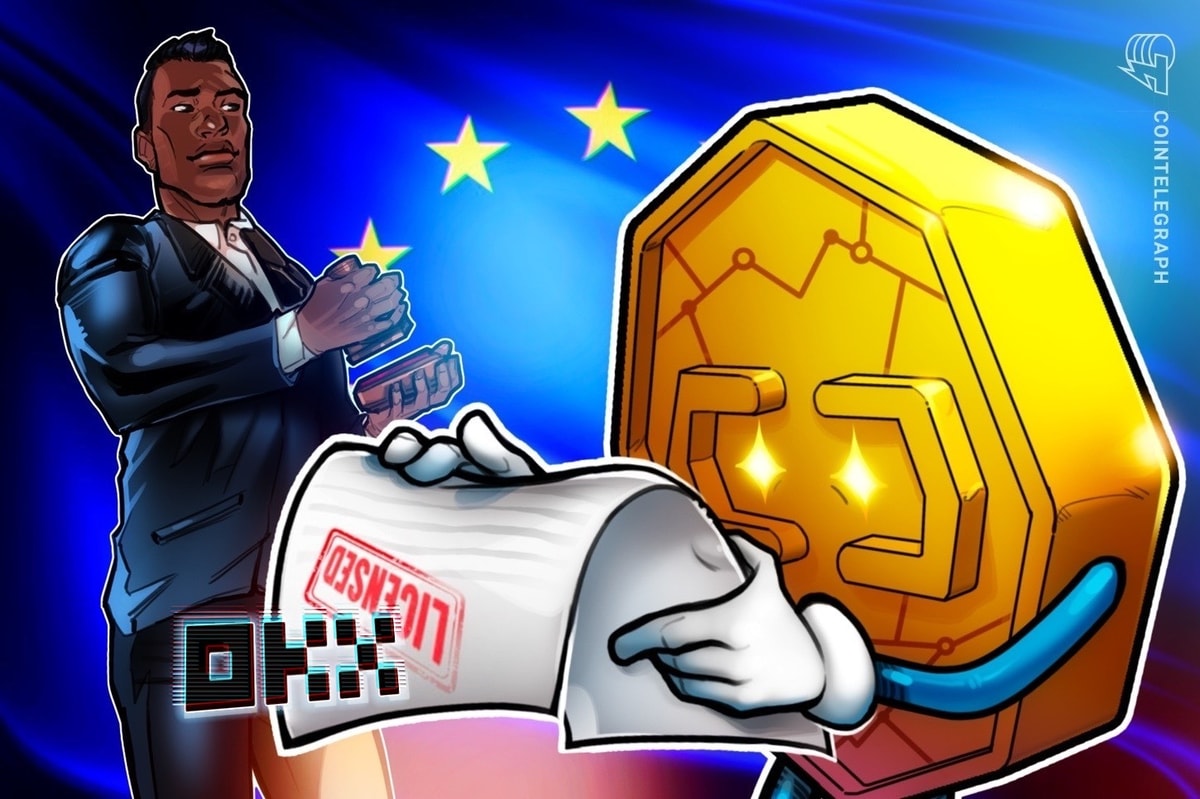The internet has changed how we live, work, and connect. Every time we go online, we create data. Social media activity, online shopping habits, and even fitness tracking generate valuable information. Big companies collect and use this data to make money, but users rarely see any benefit.
Blockchain technology offers a new solution: data unions. These unions allow individuals to control and profit from their personal information. Instead of companies owning user data, people can share and sell it securely through blockchain-based systems. This approach empowers individuals while promoting blockchain privacy and fairness.
What Are Data Unions?
Data unions are associations that harvest and store people’s personal data securely and in a decentralized fashion. Classic companies harvest data in ways they control, but data unions allow people to manage their use of data. Data unions make it possible for people to earn money from their data in an honest and transparent fashion.
Such collectives function under the concept of gathering data from many individuals and selling it to businesses or researchers. Instead of one company owning complete power, users accumulate into a network which bargains for better conditions on their data. This is propelled by blockchain, offering safety, transparency, and fairness.
How Blockchain Powers Data Unions
Blockchain technology is key to making data unions work. It provides a trustless and secure environment where users can manage their data. Here’s how blockchain improves data unions:
- Transparency – Each transaction goes on a public ledger, eliminating injustice.
- Security – The distributed networks shut down illegal access and data interception.
- Tokenized Data – Users are rewarded with digital tokens, which can be exchanged for money or services.
- Smart Contracts – They are programmed contracts that pay users when their data is utilized.
- Web3 Data Ownership – Instead of big companies controlling data, users keep ownership rights.
Blockchain makes it possible to create a fair data economy where users, not corporations, benefit from their own information.
How Personal Monetization Works
Data unions turn personal data into digital assets that can be traded securely. Here’s how users make money through personal monetization:
- Join a Data Union – Users sign up and agree to share certain types of data.
- Data Aggregation – The data union collects and organizes information from many users.
- Blockchain Security – The data is encrypted and stored securely using blockchain privacy tools.
- Marketplace Selling – Businesses and researchers buy data through a decentralized marketplace.
- Payments in Tokens – Users receive tokenized data rewards, which can be converted into real money or other digital assets.
This model ensures that data sharing is fair, secure, and profitable for everyone involved.
Real-World Examples of Data Unions
Several projects are already building successful data unions. Here are a few examples:
- Streamr – A decentralized platform where users can sell their real-time data.
- Ocean Protocol – A blockchain-based marketplace for secure data exchange.
- Swash – A browser extension that helps users monetize their web browsing data.
These platforms use Web3 data ownership principles to ensure users remain in control of their personal information while earning passive income.
The Future of Data Unions
Data privacy and ethical monetization are on the rise. Governments are introducing stricter data protection laws, making traditional models of data collection unsustainable for companies. Blockchain-based data unions could be the new standard for handling personal data.
In the future, we might see:
- More user-friendly platforms making data unions accessible to everyone.
- Increased adoption as people seek better control over their personal data.
- Greater business interest in purchasing ethically sourced, high-quality data.
- Global regulations supporting fair data monetization practices.
The transition to a fair data economy will take time, but blockchain and data unions offer a clear path forward.
The digital economy has always been user-biased, where big companies profit from user information and receive nothing in return. Data unions change this by bringing back control to the users of their data and providing them with a means to earn rewards.
Blockchain technology is leading this revolution, offering security, transparency, and fairness. As more people take up Web3 data ownership, the individual’s monetization potential will grow even more. If you are tired of corporations profiting from your data without your consent, joining a data union could be the starting point towards taking control of your digital assets.
Remember, investing in cryptocurrencies involves risks, and it’s important to conduct thorough research and seek professional advice before making any financial decisions. (Please keep in mind that this post is solely for informative purposes and should not be construed as financial or investment advice.)

















 English (US) ·
English (US) ·